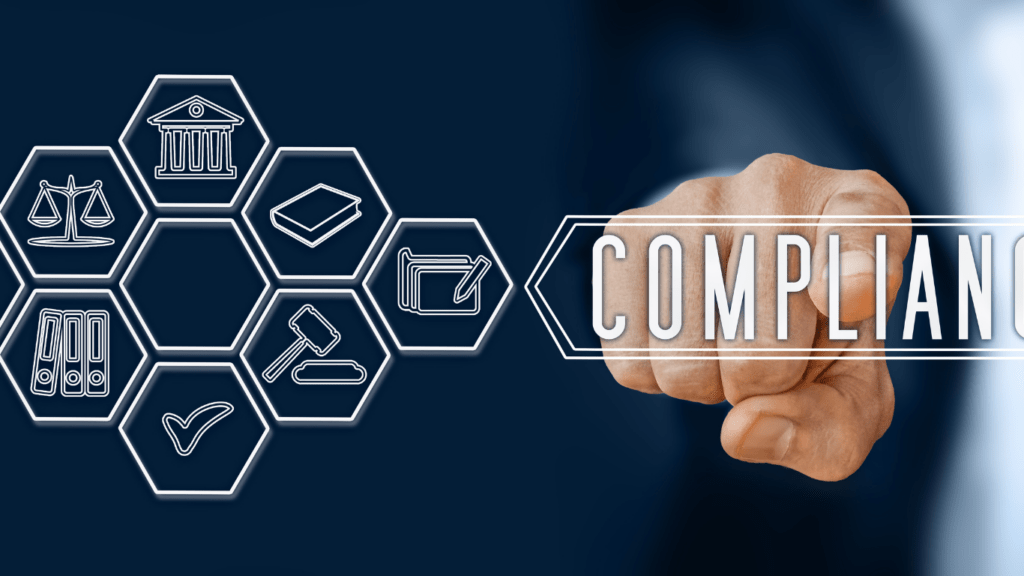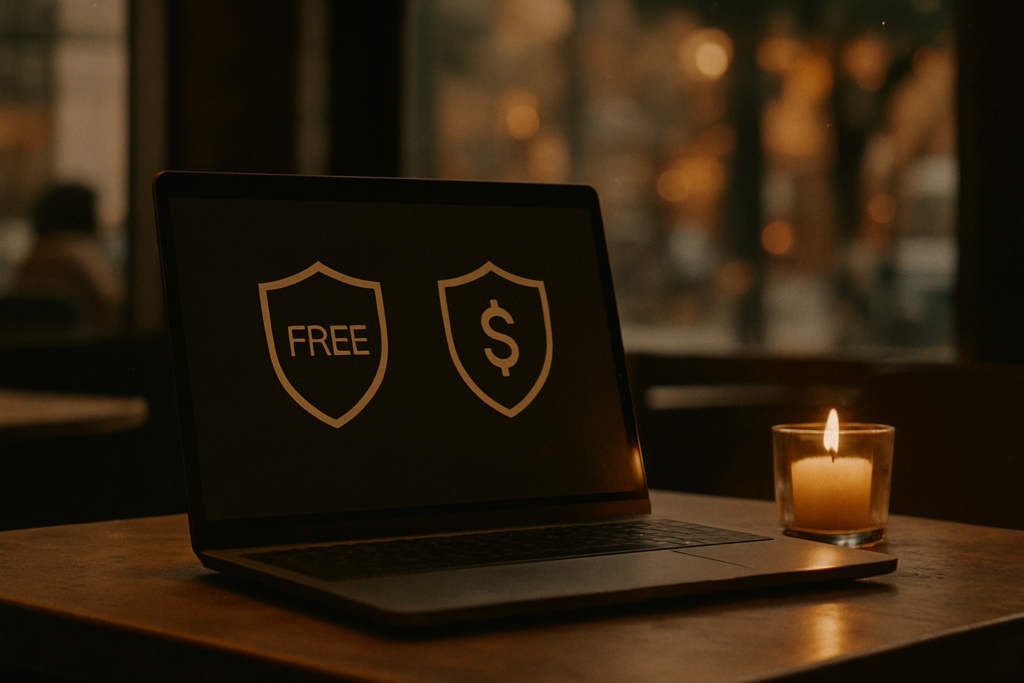In the digital age, the use of Virtual Private Networks (VPNs) has become increasingly common for individuals seeking online privacy and security. As someone who values safeguarding personal data, I understand the importance of knowing the legal implications surrounding VPN usage. In this article, I’ll delve into the legalities of using VPNs to provide you with essential insights and guidance on what you need to know to navigate this complex landscape confidently. VPNs offer a layer of protection, but understanding the legal framework is crucial to ensure you’re using them within the boundaries of the law.
Exploring the Legality of VPNs
Delving into the legal aspects of Virtual Private Networks (VPNs) is crucial for anyone utilizing these tools to safeguard their online activities. It’s essential to comprehend the legal ramifications associated with VPN usage to operate within the confines of the law effectively. By understanding the legal framework surrounding VPNs, individuals can ensure they are leveraging this technology in a lawful manner while enhancing their data privacy and security online.
VPNs and Data Privacy Regulations
When it comes to VPNs and data privacy regulations, understanding GDPR compliance is essential. The General Data Protection Regulation (GDPR) is a comprehensive data protection law that affects any organization handling the personal data of individuals in the European Union.
- Understanding GDPR Compliance

I ensure that my VPN service provider complies with GDPR regulations as it sets strict standards for data protection and privacy. It requires explicit consent for data processing, mandates data minimization, and demands transparency in how data is handled. I take GDPR compliance seriously as it enhances data privacy rights for individuals and imposes strict obligations on entities processing personal data. It’s crucial to choose a VPN service that respects these regulations to ensure the protection of my online privacy and data security. - VPNs and Copyright Infringement Issues
Delving into the realm of VPNs reveals a crucial aspect of their usage that pertains to copyright infringement issues. When utilizing a VPN for online activities, it’s vital to understand the implications related to copyright laws. By masking one’s IP address and encrypting data traffic, a VPN can provide anonymity, making it tempting for some users to engage in unauthorized downloading or sharing of copyrighted content. However, it’s important to note that engaging in such activities, even with the use of a VPN, does not exempt individuals from legal repercussions.
Copyright holders actively monitor and enforce their rights, tracking unlawful distribution of copyrighted material. Internet service providers (ISPs) might issue warnings or take legal action against users found violating copyright laws, irrespective of whether a VPN was used during the infringement.
To avoid copyright infringement issues when using a VPN, it’s essential to adhere to copyright laws and respect intellectual property rights. Utilizing a VPN for its intended purposes, such as enhancing online security and privacy, without engaging in activities that breach copyright laws, ensures a lawful and secure online experience.
Ensuring Legal Use of VPNs
Exploring the legal landscape of VPNs is crucial for safeguarding online activities. Adhering to regulations and laws guarantees a secure and lawful VPN experience. VPN users must prioritize compliance with data protection regulations like GDPR to uphold user privacy. Ensuring VPN service providers’ GDPR compliance is fundamental for maintaining data security and privacy standards.
Respecting copyright laws is equally important when using a VPN. Even though VPNs offer anonymity, users must refrain from illegal downloading or sharing of copyrighted material. Copyright holders actively protect their rights, making it essential to use VPNs for their intended purpose of enhancing online security and privacy. By staying within legal boundaries and respecting intellectual property rights, users can enjoy a secure and lawful online environment.



